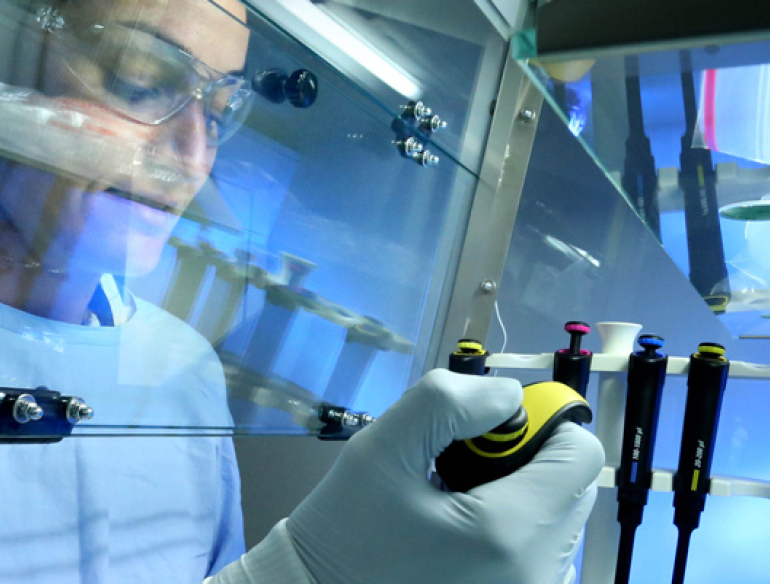The Kirby Institute at UNSW Australia was awarded $12.93M in the latest round of National Health and Medical Research Council (NHMRC) grants. With an overall success rate more than double the national average, these grants recognise the Kirby Institute’s role as a world-leading research centre for infectious diseases.
The grants scheme awarded a total of $483 million to Australian institutions for health and medical research. The latest recipients were announced by NHMRC CEO Professor Anne Kelso in December.
In an increasingly competitive grant environment, the Kirby Institute had an overall NHMRC application success rate of 41 percent; this success rate is higher than any achieved by an administering institute awarded funds by NHMRC in Australia.
The new funding will contribute to impactful research in the areas of HIV, women’s reproductive health, tuberculosis, hepatitis C and justice health.
NHMRC highlights for 2017
- Associate Professor Jason Grebely received a project grant of $2,245,277 to explore the risk of hepatitis C reinfection among people with current injecting drug use following successful HCV treatment.
- Professor Tony Butler received a project grant of $1,605,706 for research on the sexual health and attitudes of Australian prisoners. Tony also received a research fellowship of $838,845 to explore improved health and justice outcomes for offenders through effective interventions.
- Professor Tony Kelleher received a project grant of $745,212 to research solving delivery of gene therapy for control of HIV infection. He was also awarded $534,865 for the development and validation of latent tuberculosis diagnostic and an additional $487,902 to conduct research on the immunopathogenesis and manipulation of the HIV reservoir.
- Professor Matthew Law was awarded a project grant of $925,658 for a study on the risk factors for long-term chronic disease events in HIV-positive persons.
- Associate Professor Fabio Luciani received $841,144 to explore the phenotype of protective cytotoxic T cell responses during viral infections. Fabio was also awarded a Career Development Fellowship of $470,144 for research into systems immunology of antigen specific T cells: from single-cell to immune protection.
- Associate Professor Rebecca Guy received $772,605 for a research fellowship. Her research examines new technologies to reduce the population burden of sexually transmitted infections.
- Associate Professor Stuart Turville was awarded $745,212 for research into resolving HIV transmission.
- Associate Professor Andrew Vallely has been awarded a Career Development Fellowship of $470,144 to conduct research on interventions to improve women’s reproductive health in high-burden, low-income settings.
- Benjamin Bavinton and Auda Eltahla were awarded Early Career Fellowships of $318,768 each. Ben’s research will focus on HIV pre-exposure prophylaxis in men who have sex with men and Auda will work on tracking b cells and neutralising antibody responses in hepatitis C virus infections.
